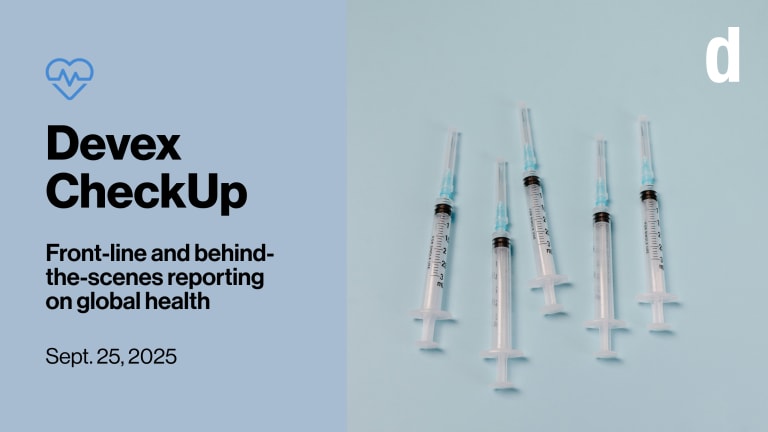A group of 22 pharmaceutical companies have announced a new initiative aimed at tackling noncommunicable diseases and better assessing their individual, and collective, work to enable better access to care in developing countries.
The new initiative, called Access Accelerated, will work toward understanding, piloting, implementing and measuring programs that tackle some of the biggest barriers to access to care for people with NCDs in an effort to contribute to the Sustainable Development Goal target of reducing premature deaths from NCDs by one-third.
About 80 percent of premature deaths due to NCDs, which include cancer, heart disease, diabetes, stroke and chronic lung disease, take place in low- and middle-income countries, according to the World Health Organization.
Read more on our coverage of the World Economic Forum:
► China could gain clout if US backs out of climate commitments, experts say
► How this tech startup drew the attention of Gavi, Gates and Google
► Q&A: Plan International CEO on legitimacy in a moment of populism
► Opinion: What the development community can expect from Davos
► Business leaders call for new socially focused business model that embraces SDGs








